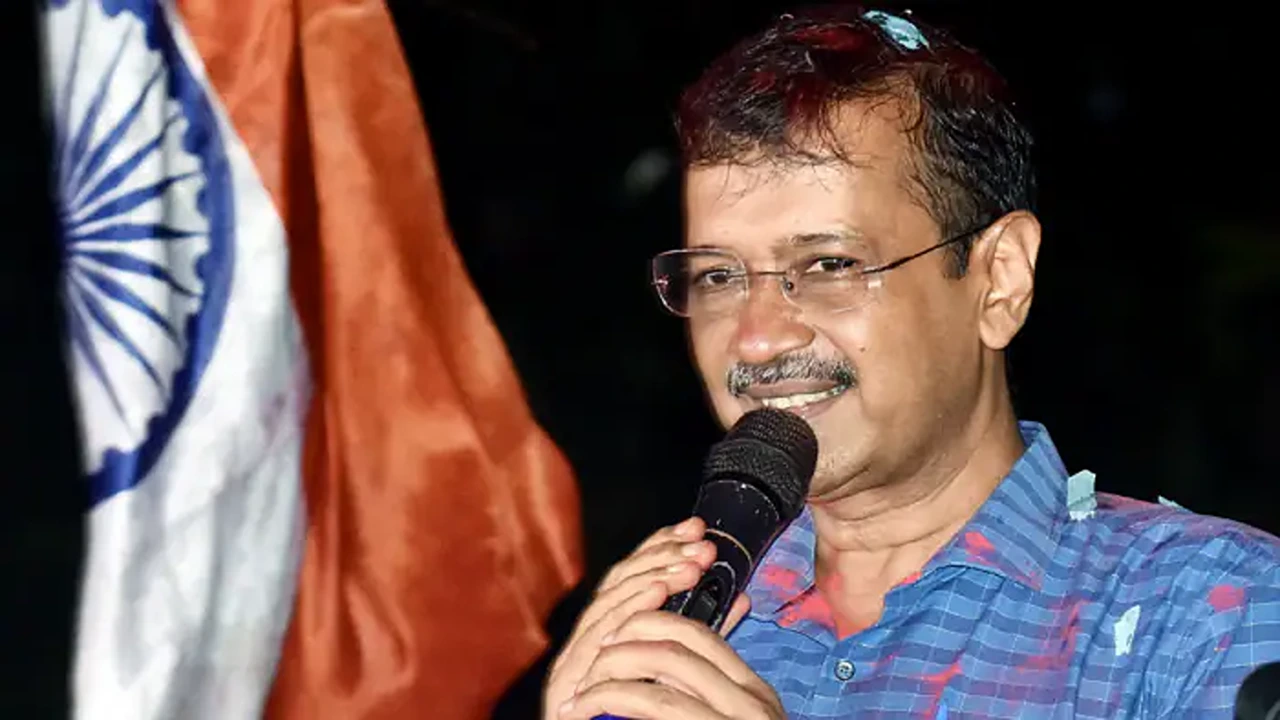 Explained: Kejriwal’s Bail Terms – Can Delhi CM Sign Files and Attend Office?[/caption]
Explained: Kejriwal’s Bail Terms – Can Delhi CM Sign Files and Attend Office?[/caption]
Explained: Kejriwal’s Bail Terms – Can Delhi CM Sign Files and Attend Office?
Introduction: The Context of Kejriwal’s Bail
Bet Casinos In the bustling entertainment city Explained of Indian politics, Delhi Chief Minister Arvind Kejriwal’s bail terms have become a hot topic. Recently, Kejriwal was granted bail, but his conditions have raised questions. Specifically, can he sign official documents and attend his office while on bail? This article will clarify the terms of Kejriwal’s bail, how they affect his role as Chief Minister, and the wider implications for Delhi’s governance.
Understanding the Bail Terms
Key Restrictions Imposed
The court has set several restrictions for Arvind Kejriwal’s bail. These conditions aim to ensure that he does not interfere with the ongoing investigation or legal process. One major concern is whether he is allowed to perform his official duties, such as signing important documents or attending his office.
Impact on Official Duties
The bail conditions generally limit Kejriwal’s direct involvement in matters related to the case. For a Chief Minister, this can mean restrictions on signing files or making administrative decisions. These measures prevent potential misuse of power while legal proceedings are ongoing.
Effects on Kejriwal’s Role as Delhi CM
Governance Challenges
Restrictions on Kejriwal’s ability Birthday Bonus to sign files or attend his office could disrupt Delhi’s governance. As Chief Minister, he plays a key role in administrative decisions and policy implementation. These restrictions might lead to delays or complications in government operations.
Delegation of Responsibilities
To cope with these restrictions, Kejriwal may delegate his responsibilities to other senior officials. This delegation helps ensure that essential functions continue smoothly. However, the effectiveness of this approach depends on how well the delegated officials manage their tasks and follow Kejriwal’s instructions.
Legal and Political Implications
Legal Context
The restrictions imposed on Kejriwal follow legal precedents set in similar high-profile cases. These precedents aim to balance individual rights with judicial oversight. They help prevent any potential interference with legal proceedings and maintain the integrity of the judicial process.
Political Reactions
Political reactions to Kejriwal’s bail terms are mixed. Opponents might view the restrictions as a strategic move against him, while supporters could argue that they are necessary to copyright legal standards. This debate reflects the complex relationship between legal issues and political strategies.
Possible Solutions and Future Steps
Administrative Adjustments
The Delhi government may need to make administrative adjustments to handle the impact of the bail conditions. This could involve streamlining decision-making processes and enhancing communication among officials. These adjustments are crucial for ensuring that governance remains effective despite the restrictions.
Legal Appeals
Kejriwal’s legal team might seek adjustments to theEntertainment City bail terms if they prove too restrictive. Legal appeals could aim to modify the conditions, allowing him more freedom to perform his official duties. These appeals could play a key role in resolving issues related to the bail terms.
Broader Implications for Governance
Ensuring Leadership Continuity
The situation highlights the importance of maintaining continuity in leadership. Restrictions on a Chief Minister’s official duties can create uncertainty in governance. Having clear protocols and contingency plans is essential to ensure that leadership transitions do not disrupt government operations.
Strengthening Legal Frameworks
Kejriwal’s case underscores the need for robust legal frameworks that balance individual rights with the needs of governance. Improving these frameworks can address the complexities of high-profile cases and their impact on public administration. Enhanced legal processes will help ensure that governance structures remain resilient.
Conclusion: Balancing Law and Governance
Arvind Kejriwal’s bail terms represent a significant development in Delhi’s political landscape. The restrictions on his ability to sign documents and attend his office present both challenges and opportunities. As the situation evolves, it is crucial to balance legal requirements with effective governance.
Understanding these nuances helps us appreciate the intersection of law and governance. App Download Kejriwal’s adaptation to these constraints will influence Delhi’s political environment and administrative effectiveness. The resolution of these issues will shape the future trajectory of governance in the entertainment city of Indian politics.
Comments on “Explained: Kejriwal’s Bail Terms – Can Delhi CM Sign Files and Attend Office?”